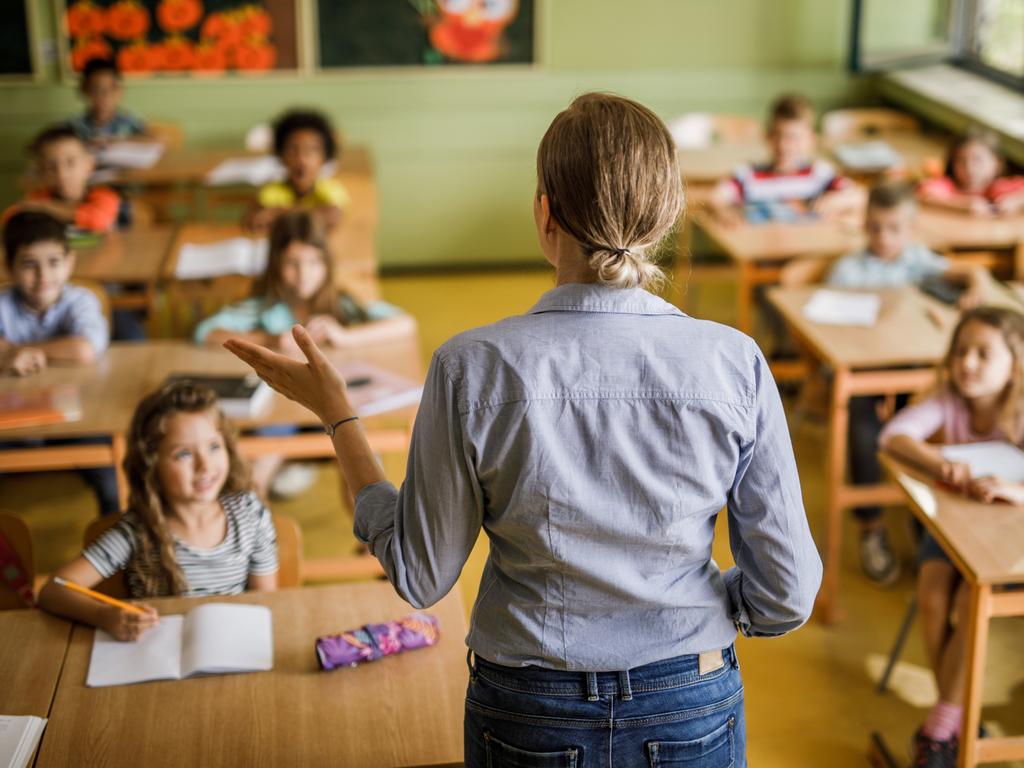Equity provisions claimed by one in three university students
Equity and disadvantage provisions have been used to lower academic entry standards by one in three university applicants, the nation’s biggest admissions processing centre has revealed.

Divorce, disability and poverty have been used by one in three university applicants to gain bonus entry points, as equity enrolments reach record highs.
Academic standards have been watered down for applicants who can demonstrate disadvantage – including Indigenous or poor students, as well as migrants struggling to speak English, and students who suffered from bullying, rumours or verbal abuse at home, work or school.
Postcode poverty is the biggest driver of equity admissions, as universities award bonus entry points to students who come from suburbs or schools that are designated as disadvantaged.
Record requests for equity access have been revealed by the University Admissions Centre in NSW, which processed 25,499 claims through its Educational Access Scheme, from a total of 74,593 applications to start university this year.
They include 19,902 automatically generated applications based on postcode, through a “socio-economic index’’ category introduced during the Covid-19 pandemic in 2020.
However, applications have surged 42 per cent on the grounds of disability and long-term medical conditions, severe family disruption including death, domestic violence or divorce, out-of-home care and financial woes.
UAC managing director Kim Paino said Australia’s largest tertiary admissions centre had seen a “steady rise in students applying for EAS under the personal illness and disability category’’.
“This reflects a combination of factors – increased awareness of the scheme, more accurate diagnosis of neurodivergent conditions like ADHD and ASD, and the lingering effects of the pandemic,’’ she said.
“More students are now increasingly confident in seeking support, and it’s critical they know that higher education remains firmly within reach, regardless of their circumstances.’’
A UAC spokeswoman said 92 per cent of equity applications were approved. Other admissions centres have not released data on equity applications. But individual universities have generous schemes that allow academic strugglers to leapfrog into an undergraduate degree by inflating their ATAR scores.
Deakin University offers up to 15 bonus entry points for students who identify as Aboriginal or Torres Strait Islander, and five points for students from a non-English speaking background.
The University of Melbourne guarantees entry to disadvantaged students with ATAR scores that are lower than mainstream requirements. Aboriginal and Torres Strait Islander applicants are guaranteed a place in its Bachelor of Commerce with an ATAR of 75, compared to the mainstream requirement of 92.
Poor students, or those from regional or remote areas, are guaranteed a place in the Bachelor of Biomedicine with an ATAR of 80 – well below the mainstream requirement of 94. And some universities award bonus points to applicants who are gifted at sport or acting.
Griffith University, which describes itself as the “top athlete-friendly university in Australia’’, adds up to six bonus points to applicants’ ATAR scores.
Queensland University of Technology gives up to six bonus entry points to migrant students who struggle with English.
“You can apply for the English language difficulty category if you have been in Australia for less than 10 years and your most recent study was negatively impacted by difficulty communicating in English,’’ its website states.

Macquarie University offers disadvantaged students up to 15 bonus points to enrol in degrees including engineering, psychology and commerce.
Elite athletes and artistic performers are also granted easier entry. Even affluent postcodes attract bonus entry points at Macquarie; living in wealthy Double Bay scores five bonus points, the same as the poorest suburb of Campbelltown in Sydney’s west.
“The maximum amount of adjustment factors a student can receive is 15 points combined across eight schemes,’’ Macquarie University states on its website.
Even the elite University of Sydney offers up to 10 “adjustment factors’’ for applicants who experienced “significant educational disadvantage in year 11 or 12’’. Its website lists financial hardship, English language difficulty, school environment, and severe family disruption.
Monash University promises “guaranteed entry at a lower ATAR, taking into consideration the life circumstances that may have affected your secondary school studies’’.
It bumps up ATAR scores by as many as 10 ranks, depending on disability, Indigenous status, difficult personal circumstances or welfare dependency.
Disadvantaged applicants can enrol in an engineering degree with an ATAR as low as 74 – well below the median ATAR of 89.
For a Bachelor of Pharmacy, with a median ATAR of 91, disadvantaged applicants can enter with an ATAR of 78.
The Victorian Tertiary Admissions Centre offers up to 10 points for “disrupted education due to relocation, divorce/separation, discrimination, bullying, harassment or negative treatment’’.
Applicants can seek special entry if they experienced “verbal abuse’’ or “spreading rumours’’.
And they can apply under the “difficult family and life circumstances’’ category due to “biased expectations or unfair treatment’’ on the grounds of race, gender, sexual orientation, religion, disability or age.
VTAC notes that it does not consider students’ “life choices’’, or the absence of restaurants, art galleries and cultural activities.







To join the conversation, please log in. Don't have an account? Register
Join the conversation, you are commenting as Logout